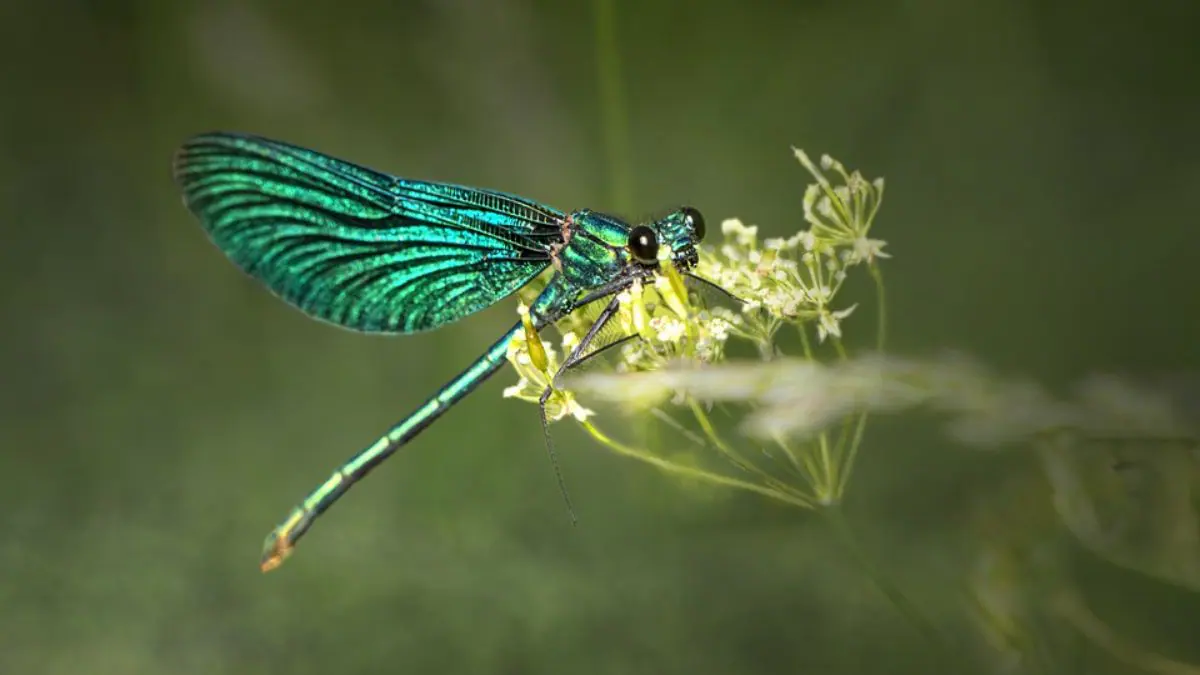Bacterial Parasite Manipulates Plant and Insect Interactions

The intricate relationships between plants, bacteria, and insects have long fascinated scientists. Recent research has unveiled a remarkable adaptation by a bacterial parasite that influences plant cell behavior to enhance its own transmission through sap-feeding insects. This discovery sheds light on how pathogens manipulate host biology for their benefit, revealing a complex interplay that has significant implications for agriculture and ecology.
Study Links SAP54 Protein to Insect Behaviour
A groundbreaking study published in eLife has identified the role of a specific protein, SAP54, in the transmission of phytoplasmas—bacterial pathogens that cause various plant diseases. These pathogens utilize effector proteins to facilitate their spread through leafhoppers, a type of sap-feeding insect. The research focused on SAP54, a virulence protein known for inducing leaf-like flower structures on infected plants.
Dr. Zigmunds Orlovskis, an independent project leader at the Latvian Biomedical Research and Study Centre, emphasized that while previous studies indicated that leafhoppers were attracted to infected plants, the underlying mechanisms remained unclear. The recent findings suggest that male leafhoppers play a crucial role in this attraction. The study reveals that SAP54 not only alters the physical characteristics of the plants but also affects the behavior of leafhoppers in a sex-dependent manner. This connection between the bacterial protein and insect behavior opens new avenues for understanding how pathogens can manipulate their hosts to ensure their survival and propagation.
Female Attraction Depends on Male Presence
The research team conducted experiments to explore the dynamics of leafhopper attraction to SAP54-altered plants. They discovered that these plants hosted a higher number of leafhopper offspring, but this increase was contingent on the presence of male leafhoppers. Female leafhoppers showed a marked increase in feeding activity on SAP54-infected plants when males were present, but they exhibited no preference for these plants in the absence of males.
This intriguing behavior led researchers to investigate the factors influencing female leafhopper attraction. They ruled out smell and sound as potential cues, prompting a deeper examination of genetic changes in the plants. The findings suggest that the presence of male leafhoppers triggers specific responses in the infected plants, enhancing their appeal to females. This relationship highlights the complex interactions between the parasite, the host plant, and the insect vectors, emphasizing the role of male leafhoppers in facilitating the parasite’s life cycle.
Key Genetic Pathways Identified
Further investigations revealed that SAP54 plays a significant role in suppressing the plant’s defense mechanisms, particularly when male leafhoppers are present. This suppression is linked to a transcription factor known as SHORT VEGETATIVE PHASE (SVP), which appears to be crucial for attracting female leafhoppers to male-colonized plants.
The research indicates that the manipulation of genetic pathways by the bacterial parasite not only aids in its transmission but also alters the plant’s natural defenses. By inhibiting these defenses, the parasite creates a more favorable environment for itself and its insect vectors. This discovery adds a new layer of complexity to our understanding of plant-pathogen interactions and highlights the sophisticated strategies employed by parasites to ensure their survival and reproduction.
Insights into Parasite Strategies
Professor Saskia Hogenhout, a Group Leader at the John Innes Centre, remarked that these findings illustrate the remarkable ability of the parasite to manipulate interactions between hosts and their insect vectors. This manipulation enhances the efficiency of the parasite’s life cycle, allowing it to thrive in its environment. The study underscores the intricate relationships that exist within ecosystems, particularly the complex dynamics between plants, pathogens, and insects.
Understanding these interactions is crucial for developing effective strategies to manage plant diseases and protect agricultural crops. The insights gained from this research not only contribute to our knowledge of plant biology but also have significant implications for pest management and agricultural practices. As scientists continue to unravel the complexities of these relationships, they pave the way for innovative solutions to combat the challenges posed by plant pathogens and their insect vectors.
Observer Voice is the one stop site for National, International news, Sports, Editor’s Choice, Art/culture contents, Quotes and much more. We also cover historical contents. Historical contents includes World History, Indian History, and what happened today. The website also covers Entertainment across the India and World.
Follow Us on Twitter, Instagram, Facebook, & LinkedIn

